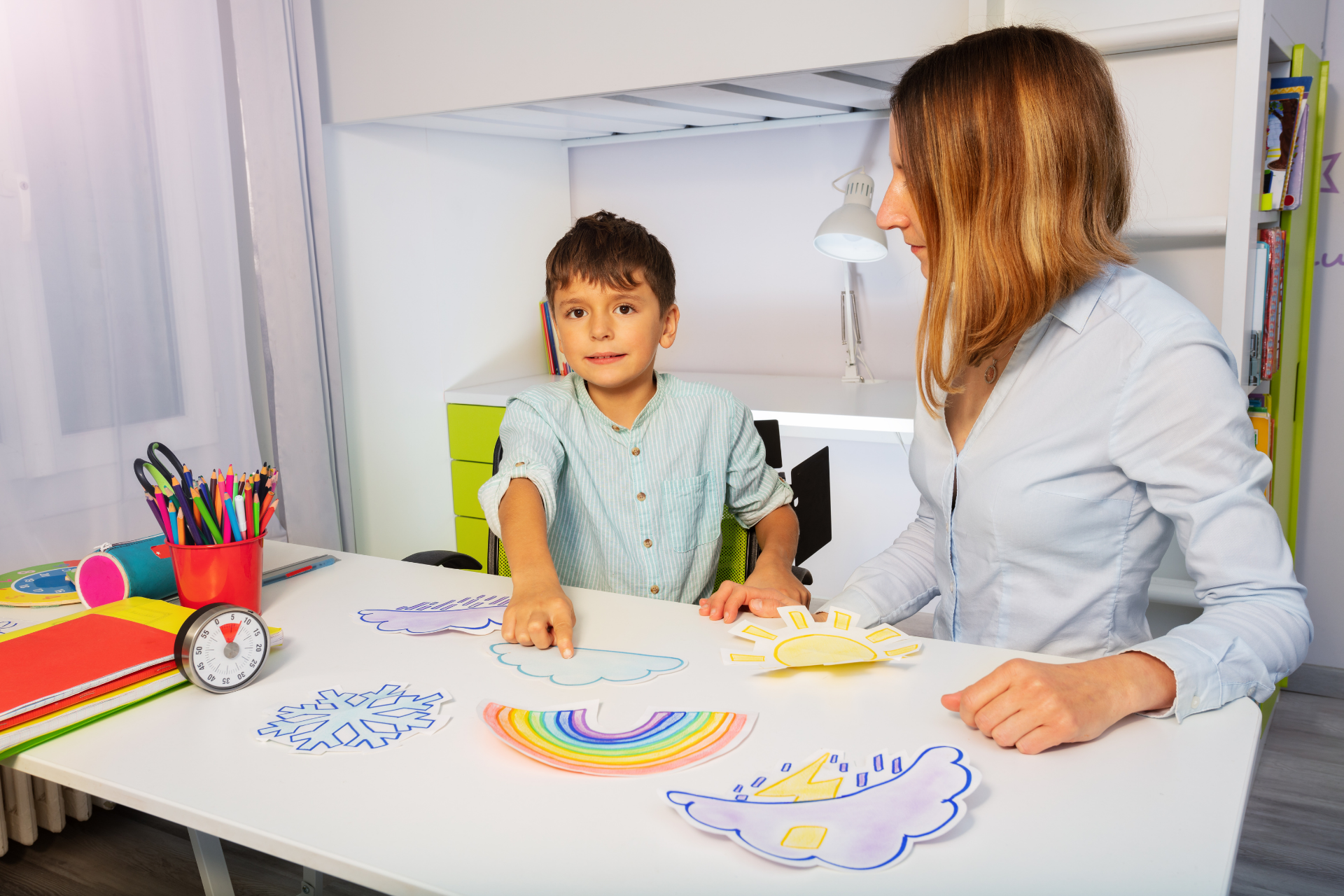Services
SKILL ASSESSMENT
The right assessment identifies your child’s strengths and generates a comprehensive list of essential skills.
FUNCTIONAL BEHAVIOR ASSESSMENTS
Functional behavior assessment is generally considered to be a problem solving process for addressing behaviors of concern.
TREATMENT PLANNING
BCBAs conduct assessments and work with parents and caregivers to choose goals for the right course of treatment
SUPERVISION OF TREATMENT
Clinical supervision of therapists is used to keep therapy on track, ensuring positive patient outcomes.
Why Choose Positive Reinforcement for ABA Therapy?
At Positive Reinforcement, we are dedicated to helping individuals with special needs and supporting the families who love them. Here’s what sets us apart:
- Experienced Leadership – Our owner has been practicing ABA therapy for nearly 15 years and brings deep expertise and commitment to every family we serve.
- Board-Certified Professionals – Services are provided by highly trained Board Certified Behavior Analysts (BCBAs).
- Trusted by Military Families
– Our team has extensive experience working with military families and understands their unique needs.
- Wide Insurance Acceptance – We proudly accept Tricare, United Healthcare, Cigna, Evernorth, Aetna, Medicaid, and Anthem.
- Accessible Care – In addition to in-person services, we offer flexible telehealth options to ensure care is always within reach.
- Our Mission
– To provide the highest quality ABA therapy to improve the lives of individuals with special needs and create lasting positive change for their families.
We are committed to the neurodivergent community.
At Positive Reinforcement, our mission is about serving the ever-increasing neurodivergent community. Our team is committed to providing:
- Rapid access to therapy.
- A wide range of related services.
- Access to critical resources.
- Social and caregiver support groups.
- Community events.
Our Mission
Providing intensive applied behavior analysis services (ABA Therapy) in the home, community and school. Providing consultation services, assessments, treatment planning, and parent training.
Our mission is to provide the highest quality life for those with autism spectrum disorder, Down Syndrome, and other special abilities through the powerful teaching tools based in the principles of Applied Behavior Analysis and Verbal Behavior.










